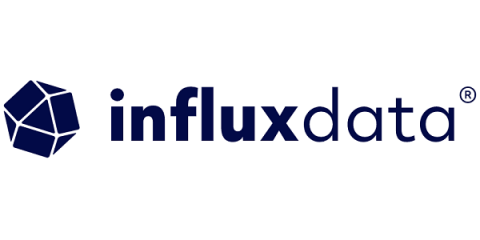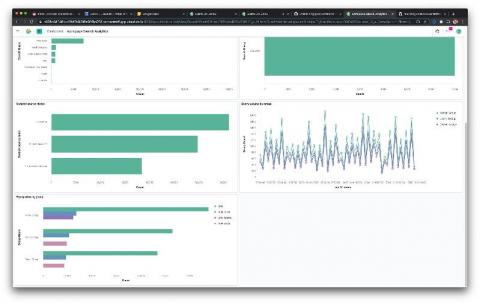Operations | Monitoring | ITSM | DevOps | Cloud
Analytics
Data World Highlights: T-Mobile Netherlands, Anodot Discuss the Future of Network Monitoring
During the Data World event, Erwin Halmans, Project Manager of Data-Driven Network Operations & Assurance at T-Mobile Netherlands, Shounit Lax-Swisa, CEO of Company Booster, and Anodot Chief Data Scientist and Co-Founder Ira Cohen got together to discuss the future of network monitoring.
Data World Highlights: Spot, Wix, GetYourGuide, Anodot Share Tips for Saving Big on Cloud Costs
During Anodot’s week-long Data World event, I hosted a panel with tech leaders Amiram.
InfluxDB Cloud is on AWS US East
We’d like to let you know that InfluxDB Cloud is now on AWS US East, also called us-east-1, based in northern Virginia. This is our third AWS region, after initially launching InfluxDB Cloud in AWS Oregon and later AWS Frankfurt. This brings InfluxDB Cloud’s effortless scaling, flexible usage-based pricing, AWS marketplace integration, and a broad range of AWS connectivity points to customers that want to manage their time series data in the eastern United States.
How to Add a Data Node to your Elasticsearch Cluster
Have you ever had trouble working with Elasticsearch clusters? You’re not alone. In this post, I will discuss a problem I’ve encountered working with large Elasticsearch clusters and how I solved it. I will share a lot of knowhow on major technical Elasticsearch concepts, some diagrams for illustration, and of course a cool solution! In particular, I will go into Elasticsearch nodes, indices, and shards.
Anodot the business monitoring platform
Analyzing Elastic Workplace Search usage in a Kibana dashboard
Let’s start off with some good news: since 7.9.0, your Elastic Workplace Search deployment has been collecting and logging product usage data for you and your team. Usage data like, what your users are searching for, what links they're actually clicking on, and which searches are falling short. And better yet, in a future release we’ll be putting a prebuilt Workplace Search analytics dashboard at your fingertips in Kibana, one of the most powerful visualization tools available.
Save space and money with improved storage efficiency in Elasticsearch 7.10
We're excited to announce that indices created in Elasticsearch 7.10 will be smaller. Bigger isn't always better, and our internal benchmarks reported space reductions up to 10%. This may not seem like much for small use cases, but it's huge for teams handling (and paying for cloud storage of) petabytes of data.
Alicorn Invests $3M in Anodot, Bringing Total Funding to $65.5M
Alicorn Global Ventures has completed an investment of $3 million in Anodot. Recently included in Forbes’ Top 20 Machine Learning Startups to Watch and a leading vendor in the fast-expanding AI analytics space, Anodot is helping companies such as Vimeo, Xandr, Atlassian and T-Mobile to leverage artificial intelligence to surface business incidents much faster and prevent loss.
Predictive Analytics Meets IT Operations
Using data to predict and prevent IT outages and issues is a growing best practice—especially as advances in monitoring software have made it easier to deliver analytics in a timely manner. IT predictive analytics, once known as IT operations analytics (ITOA), is still nascent in many organizations, but it’s far more streamlined than it used to be when one needed to export data sets to specialized analytics tools such as Tableau or Microsoft PowerBI.











